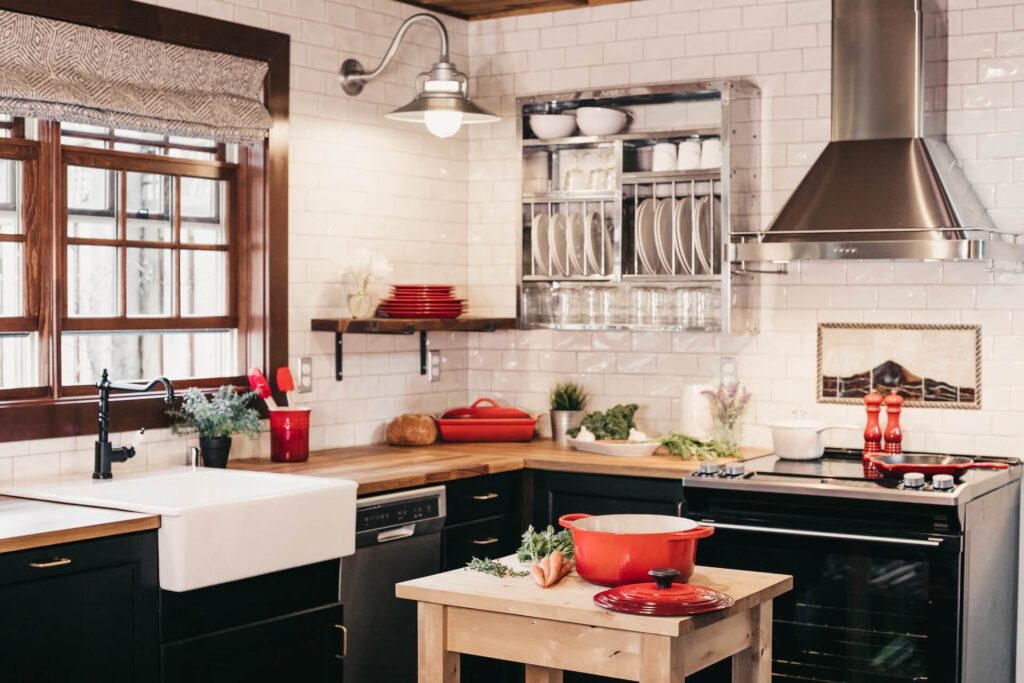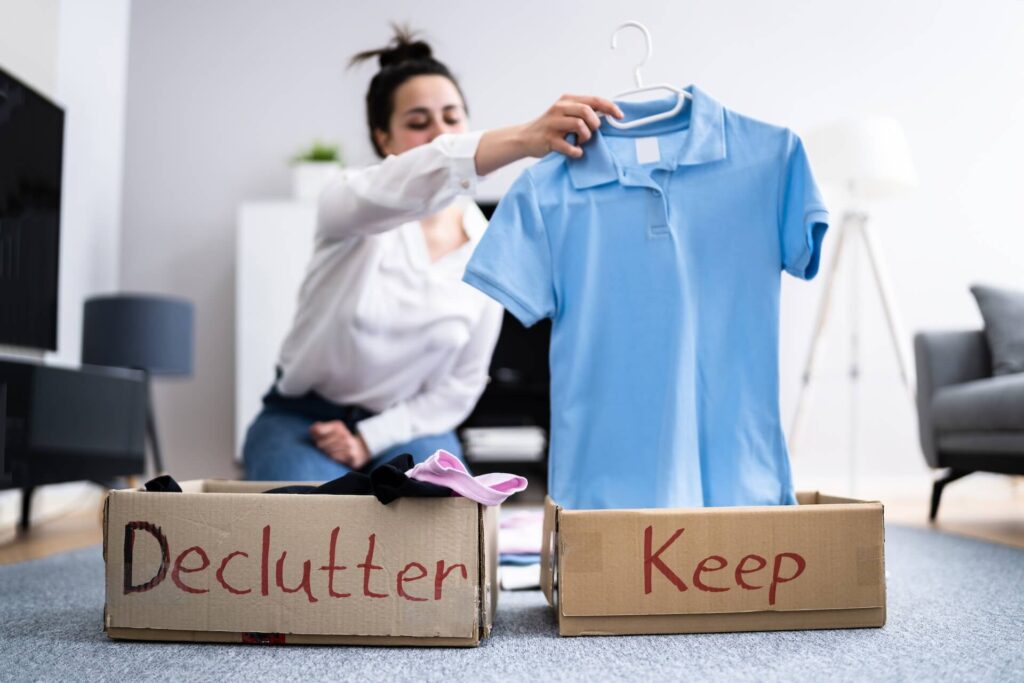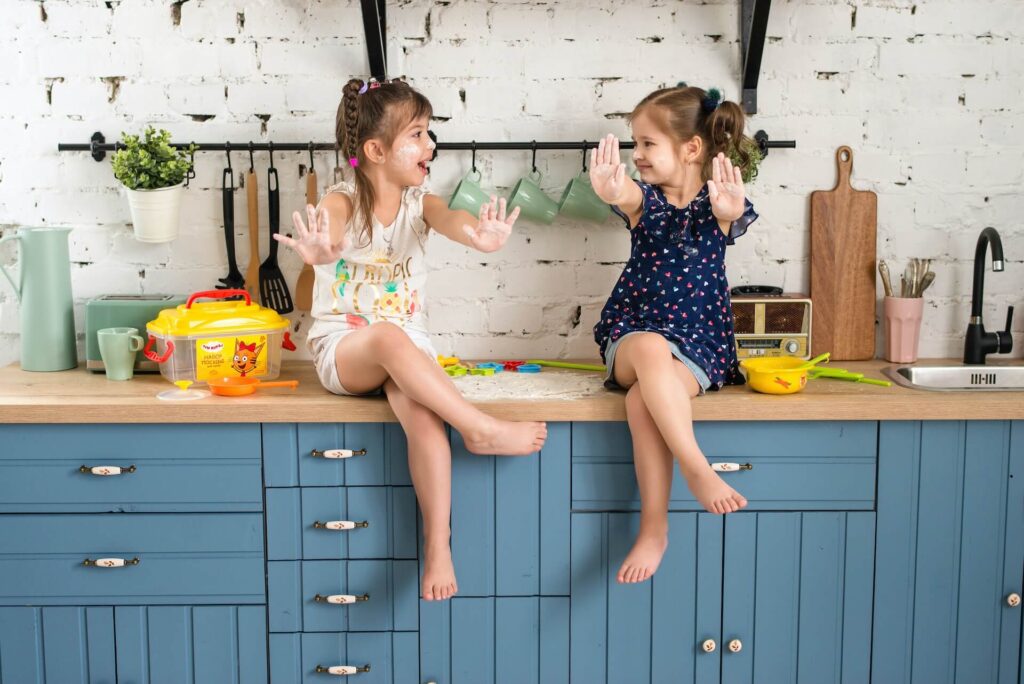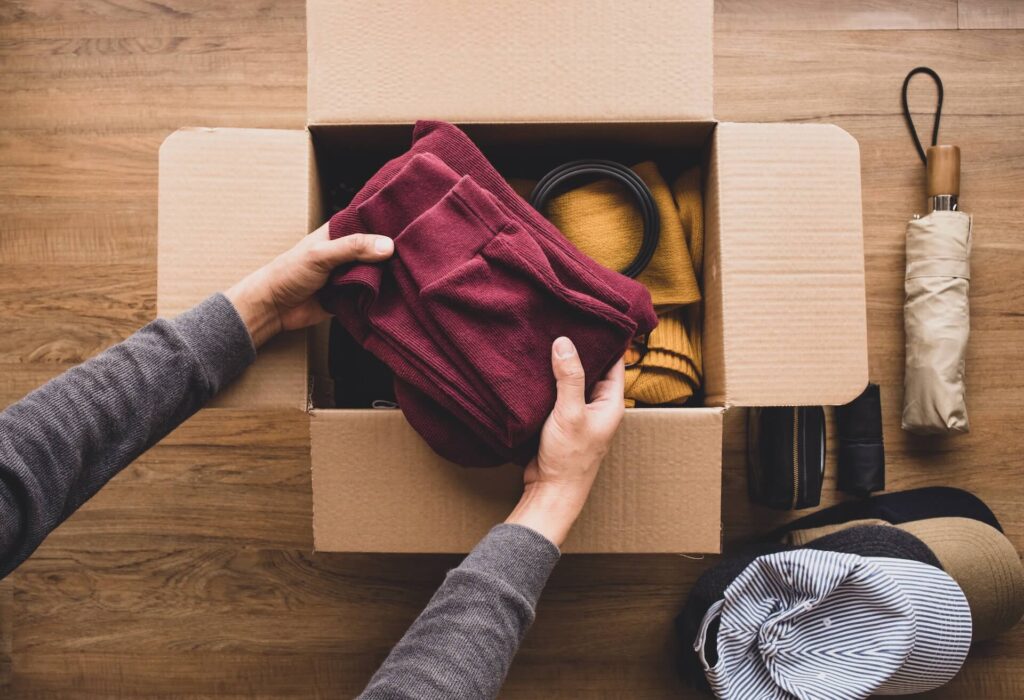Organizing and packing all of your belongings for the move overseas will be incredibly hard to finish on time if you don’t know how to do it properly. Postponing and waiting until the last minute will only cause you problems. Decide what to keep when moving internationally and what items are not worth moving with the help of our guide to sorting stuff. Read the article for more information and tips.
How Should You Organize the Packing Process?
Before you start sorting out your belongings and packing for the move, it would be helpful to write down a relocation to-do list. With your checklist, you will manage the move more easily. There won’t be any task forgotten or an item misplaced since you will have everything written down.
We recommend that you list all of the tasks you have to accomplish before the move and the date when it should be completed. The list can be divided into weeks and tasks that need to be done each week before the move. Here is an example:
- Six weeks before the move – It would be best to declutter your home and discard all of the items you don’t think should be packed.
- Five weeks before the move – Sell or donate belongings that are no longer needed.
- Four weeks before the move – Research reputable relocation companies, find the international movers and hire them. Pay attention to reviews and recommendations so as to avoid relocation scams.
- Three weeks before the move – Start packing your belongings. Purchase essential packing materials and pack by room.
- The last week before the move – Prepare your home for the arrival of the relocation crew and pack a moving essentials bag.
Why Should You Not Pack Some of Your Things?
Relocating abroad is a life-altering and stressful experience for most people. Finding a reliable international moving company and shipping all of your belongings can be quite challenging and time-consuming. On top of all, settling down in a new house and getting accustomed to another country can also be stressful. This is why you shouldn’t burden yourself with numerous cardboard boxes containing items that are rarely or almost never used.
If you want to move efficiently, you will have to purge your house before you start packing. It is of utmost importance not to bring the clutter from the old house into the new one since you should give yourself a chance to start with a clean slate. Also, your relocation will drain your budget completely, but by selling some of your old furniture, electronics, or antique pieces that are not valuable anymore, you will earn some extra cash for any additional costs you might encounter.
You Should Start By Decluttering and Sorting Out Your Stuff
The preparation for the move should start with decluttering. This is a great way to purge your house and revisit all the precious memories connected with many items. But many people wonder – what should I purge before moving? Unnecessary pieces that aren’t valuable or useful anymore should be discarded. Also, you might find things that you forgot about, but that can still be used in your future home. Here is our advice on how to sort out your belongings room by room.
How to Purge Your Kitchen?
A kitchen is usually a place where one will find many things collecting dust on the shelves and in the cupboards. Discarding anything that is surplus or mismatched will allow you to better organize the packing process.
Begin by throwing away expired food. Search through your pantry and refrigerator and set aside the empty packets, bottles, and expired cans of food. Gather all the sauce packets that you bought a year ago and put them in the trash.
Do you have numerous cookbooks you have never opened, let alone used to make delicious recipes? If you don’t want to use them on paper, scan them and store them digitally.
Plastic lids and containers that are mismatched should be discarded along with kitchen utensils that are broken or chipped. However, old small appliances that you rarely use you can set aside and donate to the local Goodwill.

Declutter Your Bathroom – What to Keep and What to Throw Away?
It is not surprising that people accumulate unnecessary products in their bathrooms. Three-year-old shampoo bottles, expired makeup products, and medication create clutter, so before deciding what you need, purge the room completely. Toss out anything you haven’t used in the last six months, like half-empty cleaning supplies, empty bottles, old makeup products, deodorants, ripped towels, and linens.An appliance that is out of order should also be discarded.
During the move to another country, one should only pack products that are considered essential. Therefore, we recommend keeping toiletries and hygiene products, necessary medication, and a couple of towels.
What Should Be Packed and What Tossed Out From Your Living Room?
It can be demanding to start decluttering your living room because there are a lot of different objects that get put on shelves, in cupboards, and beneath the table. It will take some time to go through everything in the living room but start by setting aside what you absolutely won’t be packing. Here is what to toss out:
- Old magazines,
- Remotes that are not used,
- Board games,
- Outdated DVDs, CDs, VHS tapes,
- Small antique pieces,
- Books you won’t read,
- Outgrown kids’ and pet toys.
Keep only thosethings that you and your family treasure greatly, like your favorite books, some kids’ and pet toys, albums with pictures, and DVDs with family videos. Another great relocation tip is to take some time and scan your favorite books and transfer videos from DVDs to your cloud so you can have them as a digital version.
Here is a video with more relocation hacks on how to declutter a living room.
What Can Help You Decide What to Keep and What to Sell When Moving
As people start decluttering their homes, they usually find long-lost objects they cherished once in their life. They begin thinking about keeping the object for future use, but that is a common relocation mistake. Luckily there is a useful method that can help anyone know how to decide what to get rid of and what to keep. Simply ask yourself questions like:
- Are there any benefits to moving this specific object?
- Do I love it unconditionally?
- Is it critical to save it, and why?
- Has it passed its expiration date?
Asking yourself these questions, it will become clear if an object has outlived its usefulness and just takes up space. Suppose you decide that something is still useful and of sentimental value, you will know that you should hold on to it.

After Sorting Out Your Belongings, Sell or Donate Old Items
There are certain belongings that are not required in the new home, but that can still be used, so the best thing to do is to donate or sell them. Those who want to ensure they have a bit of extra cash in their relocation budget should organize a yard sale. Displaying some of the belongings will attract interested buyers. Friends, neighbors, and family members would be there to support and help with the sale.
Another option is to donate to local charities and organizations. There are many non-profit organizations that collect unwanted devices, electronics, second-hand clothing, used furniture, pre-owned books, and various accessories. Organizations you can donate to are, among others, local libraries, Habitat for Humanity Restore, food banks, Goodwill, and Salvation Army.
Asking Yourself What to Keep When Moving Overseas? Here is What You Absolutely Shouldn’t Get Rid Of
Cleaning and sorting out all of the belongings might cause someone to create an even bigger mess in the home. There is a chance some valuable objects get tossed aside and forgotten. Therefore it is essential to know what you definitely shouldn’t part with. Place these belongings in a box or a bag that will ultimately get transported to the new house. Let us see – what should you keep when moving?
Essential Paperwork and Documents
You won’t be able to relocate successfully without personal documents, so make sure that you keep all of your necessary paperwork. These include relocation receipts, passports, driver’s licenses, identification cards, diplomas, certificates, medical records, and bank records. Those that are relocating with a child should have their child’s school and medical records, and individuals relocating with a pet are required to have vet records for the pet.
When Moving House, Keep Anything You Use on a Regular Basis
Don’t leave behind anything that you use daily. Think about what items you regularly use and if there is anything that cannot be replaced. For example, your mobile phone, laptop, coffee maker, favorite book or mug, and glasses. The most important thing is to consider what personal belongings you require on a daily basis and properly pack them in your cardboard boxes.
Also, Pack Your Valuables
If you own any expensive jewelry, family heirlooms, albums with pictures, or cutting-edge equipment, make sure to keep and store them correctly. Valuables that are expensive or that remind you of a happy memory should be packed with the rest of your stuff. You can pack jewelry and small family heirlooms into cardboard boxes and transport them in your car or your luggage, but if you need to store cutting-edge equipment or big artwork, consider investing in custom crating. In a custom-made crate, your belongings will be protected during the entire move.
Your Kids’ Favourite Toys
Discuss the move with your children. Ask them to sort out their belongings and decide what they would like to keep. Don’t pack for them, but give them an opportunity to voice their opinion. In this way, your children will feel appreciated, which will perhaps cause them to accept the relocation with a more open heart. They will usually want you to pack their favorite toys, coloring books, small gadgets, and stuffed animals.

In the Relocation Essentials Bag, Pack the Clothes You’re Going to Wear
A useful relocation hack is to prepare a bag of essential belongings in the last week before the move. Plan out what you want to wear on the day of the relocation and after you move so you can pack the clothing into the essentials bag. What is more, pack items such as your wallet, keys, easy-to-carry meals, water bottles, a few toys for the kids, and all relocation documents. Remember to keep some disinfectant wipes and an antibacterial spray just in case since you won’t know in what condition your future house is going to be.

Leave Behind Anything the Movers Won’t Transport
When investing in international moving services, it is essential to ask the relocation company any questions you might have. While considering whether to request packing services, make sure to inquire about what items movers won’t move.
They don’t ship anything that is flammable and hazardous. For instance, you absolutely shouldn’t pack bleach, cleaning supplies, nail polish, nail remover, plants, fertilizer, aerosol, chemistry sets, and perishable food. Contact your international mover for more information on what you shouldn’t keep and place in cardboard boxes.
You’re Ready To Start Packing Right Away
After you’ve considered all of your reasons to finally move abroad, get ready to properly prepare for this huge step with a relocation checklist. Before you organize your belongings into categories, purge and declutter each room. It should be your goal to transport less stuff so you won’t be asking yourself later – what do I do with all my stuff when I move? Also, contact your international relocation company and get information and tips on what you are and aren’t allowed to transport. They will carefully guide you through the entire process.
